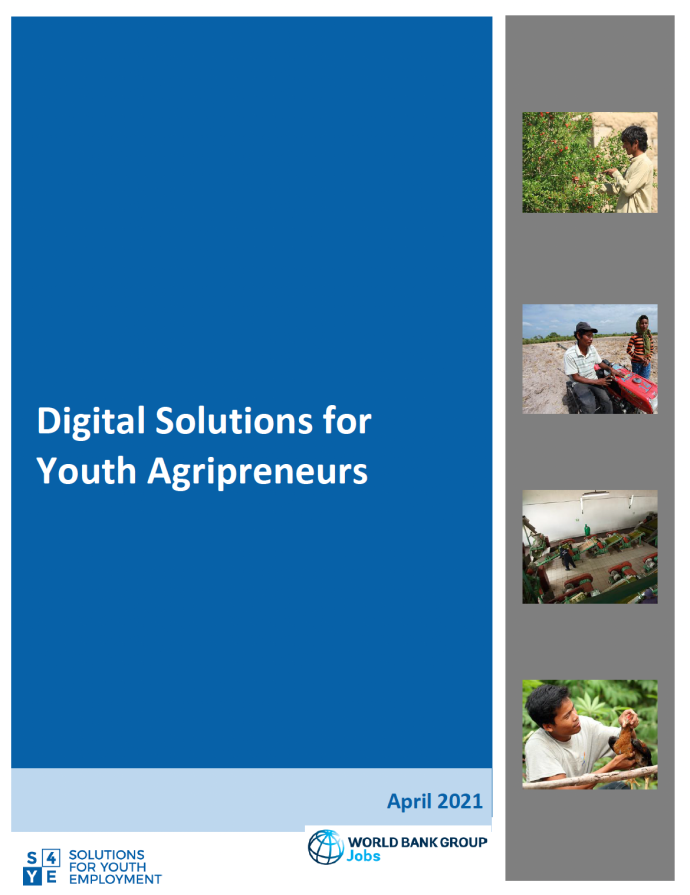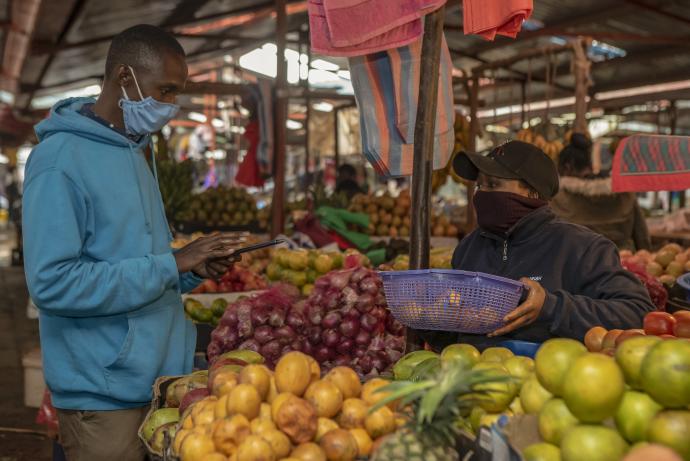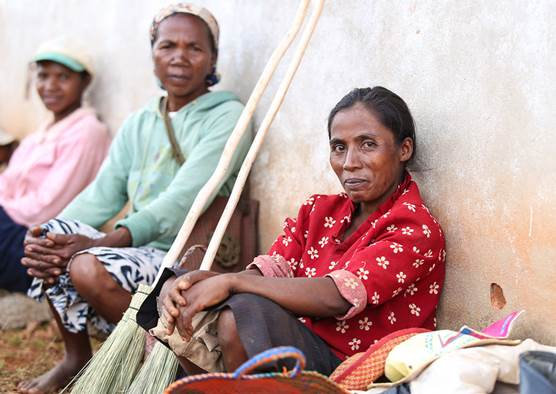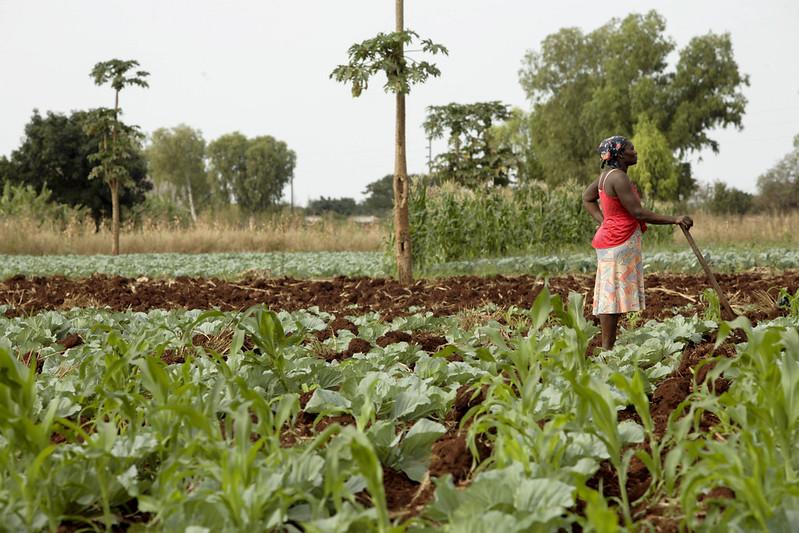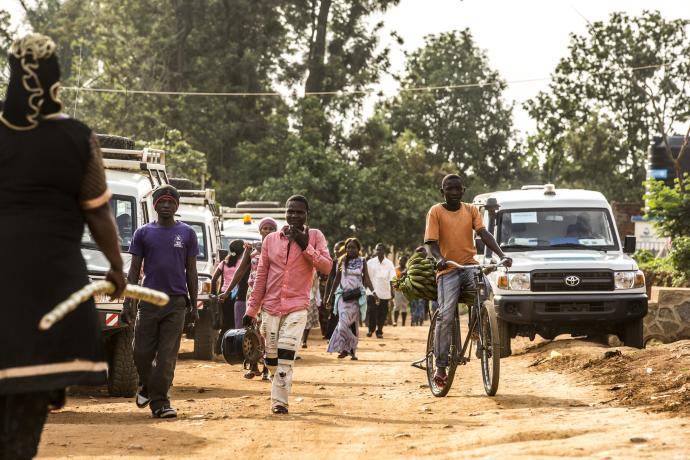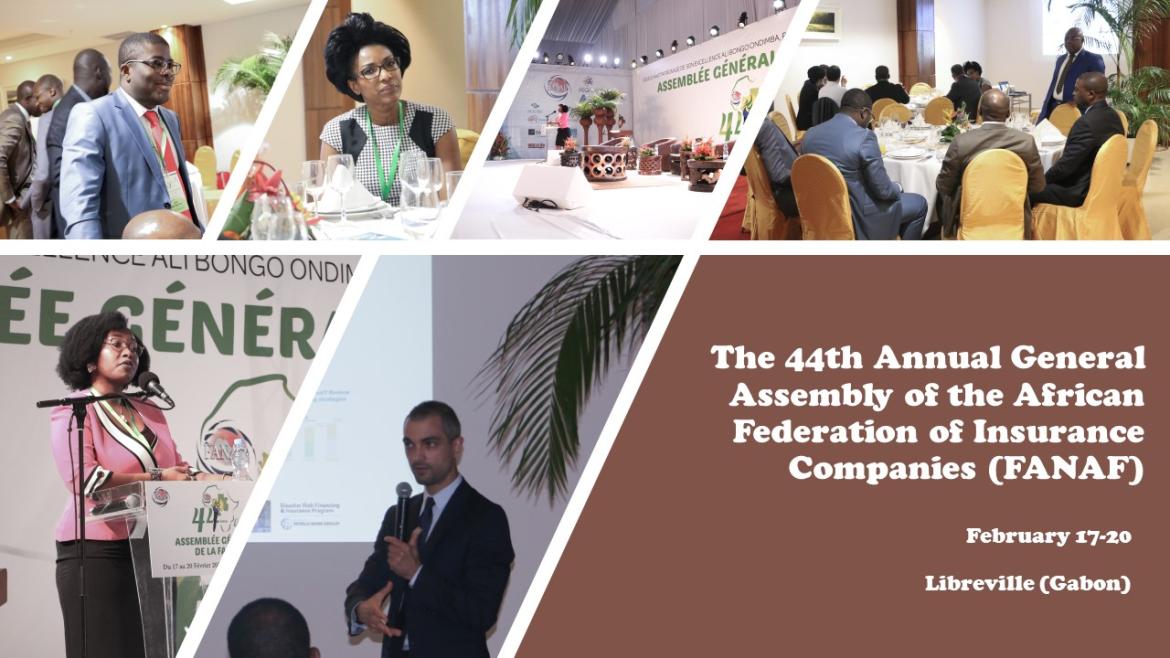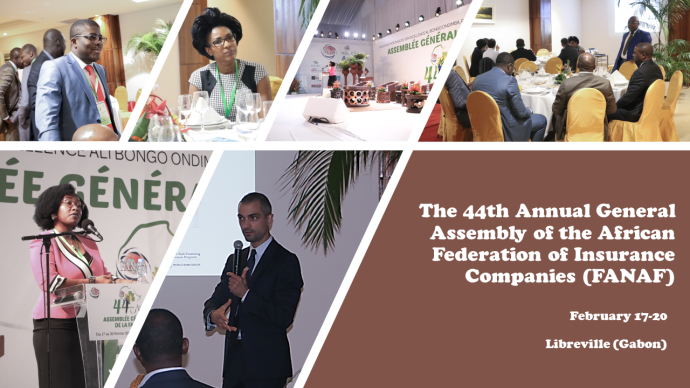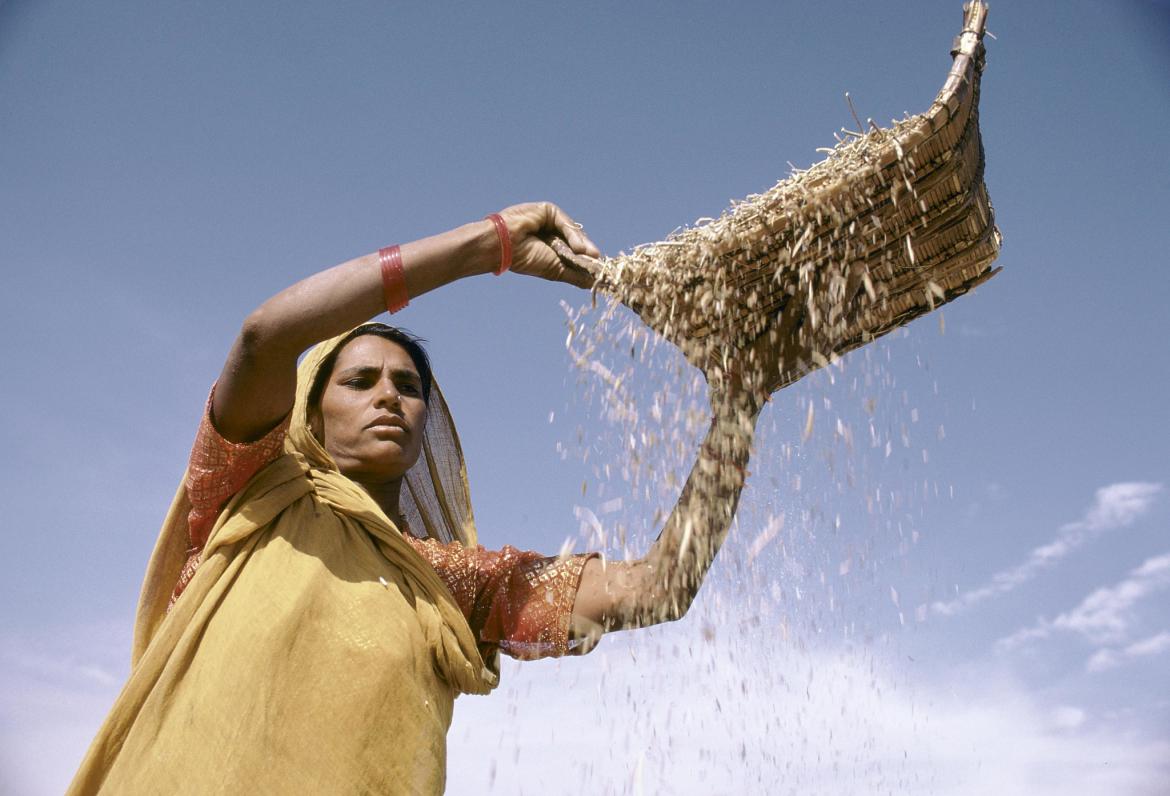
Mayfair Central Testimonial Weather Index Insurance is a microinsurance product, launched by Mayfair insurance in Zambia in 2014, and that has been helping small-holder farmers mitigate risks posed by climate change. Derick Chanda (Chairperson – Kangomba Camp) expressed that most of the farmers in the district did not have insurance to rely on, and that whenever they faced problems or challenges with their crops, they were not sure about where to go and who to ask for help. Now that insurance companies like Mayfair have presence in their lands, they have been able to discuss the technicalities

